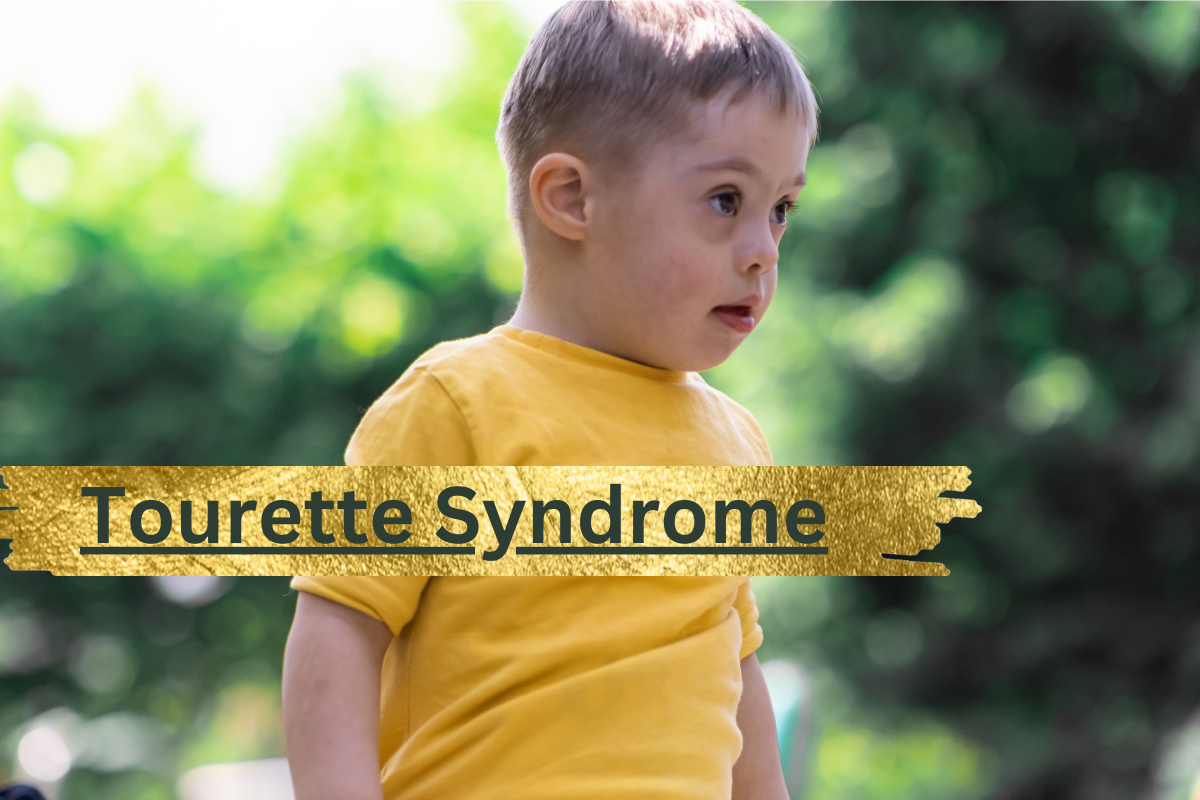Tourette Syndrome is a disease that is categorized by sudden uncontrollable and unwanted movements of the body. This is a neurological disorder and may also involve vocal sounds as well. It is a prominent part of the neurological system disorders group known as tic disorders. TS particularly involves two kinds of tics including motor tics and vocal tics. Where the motor tics cause movements of blinking and twitching, vocal tics mostly lead to continuous sounds of throat clearing and humming. These tics are involuntary and can’t be controlled by the patient.
In this article, we shall talk about the Tourette syndrome in detail, its symptoms and causes, and whether psychologists can help TS patients or not!
Decoding The Tourette Syndrome
The Tourette syndrome is not a very common disorder. Rather, it’s only a probability of one in a hundred children to have it. Some researches also show that the prevalence of this disorder in school-going children is around 1% to 3.5%. Owing to being uncommon, there is very little awareness and information associated with it, especially in Pakistani society.
Causes/Reasons of Tourette Syndrome
It’s not right to point out a single reason that may cause Tourette syndrome. Rather, multiple factors play their part in bringing it forward including the neurological, genetic, and environmental drivers. Rather, mostly it’s a combination of all three or two of them that cause TS. Prenatal health and birth complications like low birth weight can also lead to the child having this disorder as he grows up.
In some families, this disorder runs in generations, and many members of the same family may be affected by it. This makes it a major disease associated with genetics. Males are more prone to this disorder than females. Alongside this, neurological factors are also a major driver of this disease as they impact the brain’s ability to break down and metabolize the neurotransmitters. Hence, the brain is not able to regulate human behavior and it leads to involuntary movements by the body.
This disorder often starts appearing when the human brain is still developing, mostly around the age of five to ten. With time, it may worsen or get better.
Development of Tourette Syndrome
TS often appears in childhood, between the ages of 5 and 10, when the brain is rapidly developing. This may explain why the symptoms often improve or become less severe in adulthood as the brain matures.
TS can start mildly but then it can lead to major complexities. Initially, they may involve brief but repetitive and continuous movements of some muscle groups. For instance, the blinking of the eye or shoulder shrugging. If the brain loses more control over the body movements, these simple tics can turn into complex ones. The complex tics may include repetition of words and phrases. At times, the patient may also end up repeating other people’s words and phrases as well.
Triggers play a major role in bringing tics into action. For instance, if a sufferer hears someone coughing, he may end up doing the same repeatedly. Alongside this, anxiety or build-up of tension can also lead to involuntary tics be it motor or vocal.
Tourette Syndrome and Therapy
Though the repeated behaviors associated with TS are involuntary and can’t be controlled, they can certainly be managed. A lot of new therapies help patients deal with their tics efficiently and get rid of the negative effects associated with them. For instance, comprehensive behavioral intervention has been proven quite beneficial in managing motor and vocal tics.
CBIT helps in managing a better response to the Tics and developing a competing response to them. For instance, developing a voluntary action against an involuntary Tic helps manage it better. Whenever there is an involuntary TIC of blinking, the action of shutting the eyes or putting fingers on them helps manage it better.
Anxiety can affect TS badly and worsen it. People with recurring anxiety and depression end up having it too frequently and that may get uncontrolled with time. This is why, psychologists help TS patients manage their anxieties, which then aid them in controlling the frequency and intensity of Tics.
Psychologists at SehatYab aid TS patients by training them for habit reversal. This training helps them identify the urge to tic and manage it proactively. They also teach them relaxation techniques that calm their nerves and manage the Tics. These mental health experts also conduct various awareness sessions and outreach activities to spread knowledge and insight regarding Tourette Syndrome and how better mental health can help manage it efficiently.
Final Thoughts
A lot of times, the lack of awareness and widespread knowledge about Tourette Syndrome leaves it untreated and misunderstood. This is why psychologists at SehatYab have taken the right step towards prioritizing patients with this condition and helping them manage the condition better. TS patients can easily get their consultations with online psychologists on this platform from the comfort of their homes.


